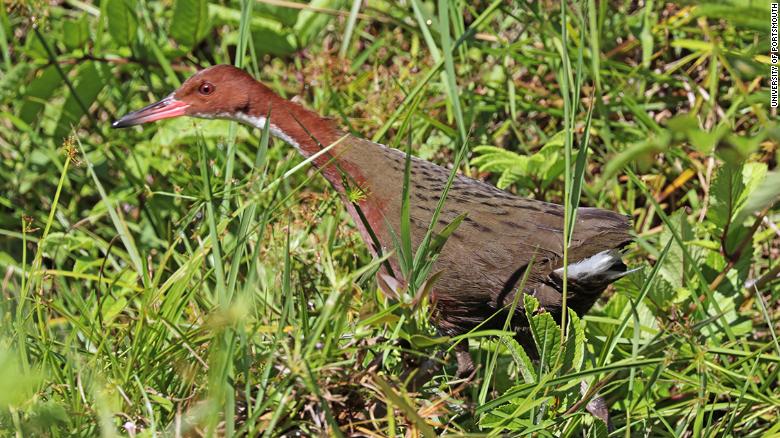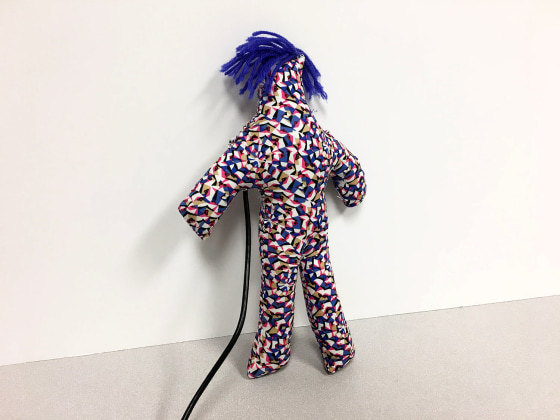This brings some small hope ...
Gassho, J
STLah
A previously extinct species of bird returned from the dead, reclaiming the island it previously lived on and re-evolving itself back into existence, scientists have said.
The white-throated rail colonized the Aldabra Atoll in the Indian Ocean and evolved to become flightless, before being completely wiped out when the island disappeared below the sea around 136,000 years ago.
But researchers found similar fossils from before and after that event, showing that the chicken-sized bird re-appeared when sea levels fell again a few thousand years later, re-colonized the island and again lost the ability to fly.
The flightless rail can be found on Aldabra to this day.
The extremely rare process is known as iterative evolution -- the repeated evolution of a species from the same ancestor at different times in history.
The team's study, published in the Zoological Journal of the Linnean Society, marks the first time the process has been seen in rails, and is one of the "most significant" instances ever found in birds, according to the authors.
... The rails on Aldabra lost the ability to fly over time, because the lack of predators made it unnecessary -- just as the dodo of Mauritius did.
Unfortunately, that gave them no means of escape when the island was submerged and all its flora and fauna were wiped out.
But unlike the dodo, which became extinct in the 17th century, the white-throated rail was resurrected to tell the tale once the island re-emerged and birds started migrating to the destination again.

The white-throated rail colonized the Aldabra Atoll in the Indian Ocean and evolved to become flightless, before being completely wiped out when the island disappeared below the sea around 136,000 years ago.
But researchers found similar fossils from before and after that event, showing that the chicken-sized bird re-appeared when sea levels fell again a few thousand years later, re-colonized the island and again lost the ability to fly.
The flightless rail can be found on Aldabra to this day.
The extremely rare process is known as iterative evolution -- the repeated evolution of a species from the same ancestor at different times in history.
The team's study, published in the Zoological Journal of the Linnean Society, marks the first time the process has been seen in rails, and is one of the "most significant" instances ever found in birds, according to the authors.
... The rails on Aldabra lost the ability to fly over time, because the lack of predators made it unnecessary -- just as the dodo of Mauritius did.
Unfortunately, that gave them no means of escape when the island was submerged and all its flora and fauna were wiped out.
But unlike the dodo, which became extinct in the 17th century, the white-throated rail was resurrected to tell the tale once the island re-emerged and birds started migrating to the destination again.

STLah




 )
)




Comment